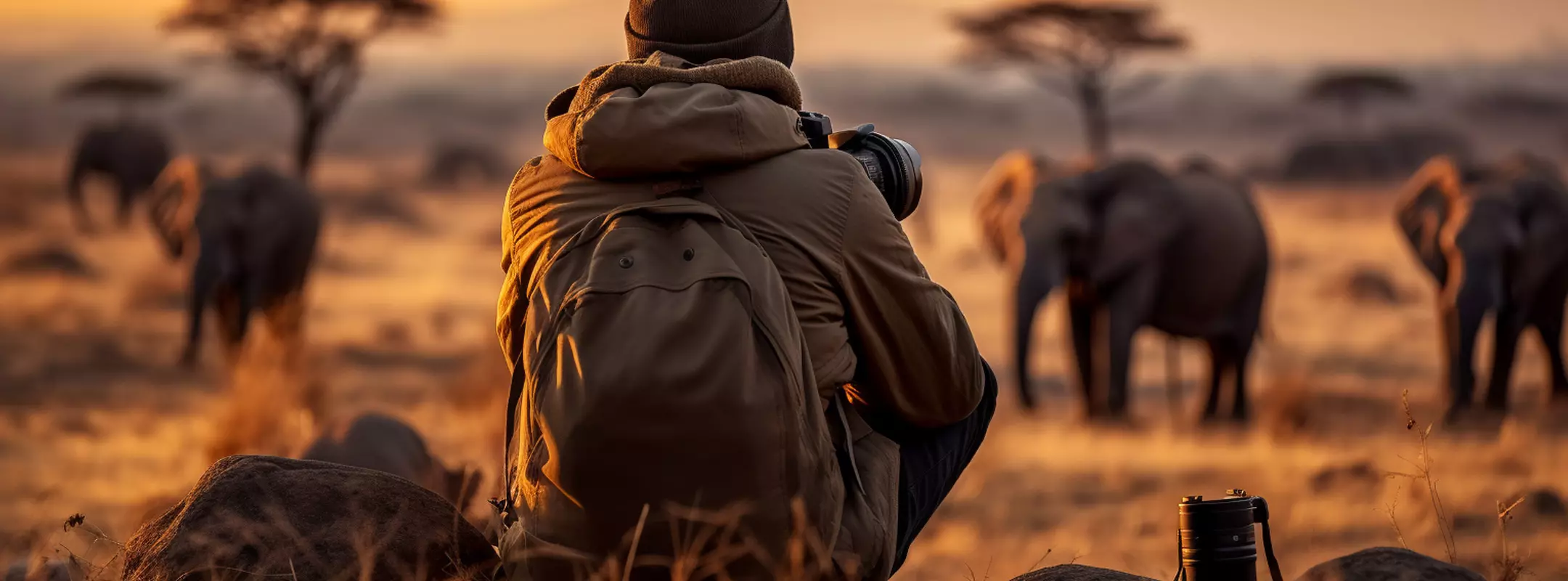
About
Roving Reporters runs training projects that help set in motion environmental writing careers.
We focus on training environmental science graduates and young journalists keen to write stories for the media about key environmental, social, and justice issues.
In a democracy, decision-makers should seek the greatest public good. In South Africa, their choices often focus on the need for transformation, growth, job creation, and a better environment. But these aims are sometimes in conflict and decisions are often based on distorted or false perceptions. Sunlight, as they say, is the best disinfectant and Roving Reporters play a role in illuminating the facts and giving a voice to people most affected by these decisions. This is especially important when government and NGO leaders are reluctant or constrained from speaking openly about pressing environmental problems.

Track record

Since 2011, Rovin g Reporters has mentored more than 50 young journalists and environmental writers, mostly in feature writing and investigative journalism. Our training model helps candidates write stories that are anchored in credible evidence and to share these stories on media platforms that they would normally struggle to access. We have a close to 100% track record in guiding the work of first-time writers through to publication in diverse media. Over the past three years, the Daily Maverick has been our key publishing partner. Audience reach averages at 45,000 readers per published story.
Training the next generation of science graduates, journalists, and conservationists to create an impact on environmental, social, and justice issues in South Africa. If you are interested in partnering with us, please get in touch.
GET IN TOUCH
+27 (0) 83 277 8907
info@rovingreporters.co.za
108 Groom St, Black Rock, Port Edward
Kwa-Zulu Natal, South Africa, 4295
ARCHIVES
Sorted by Month
This site was designed in partnership with


